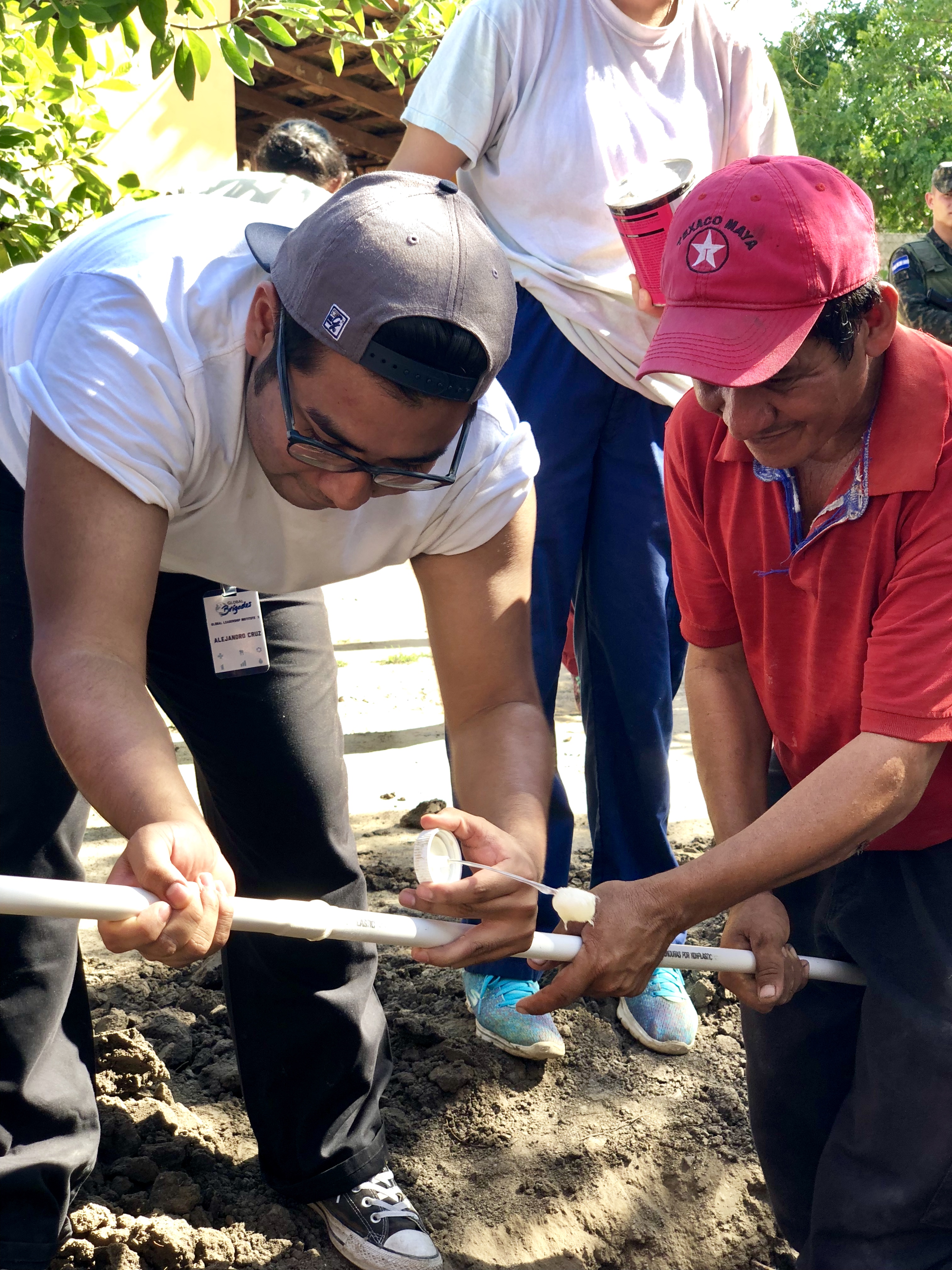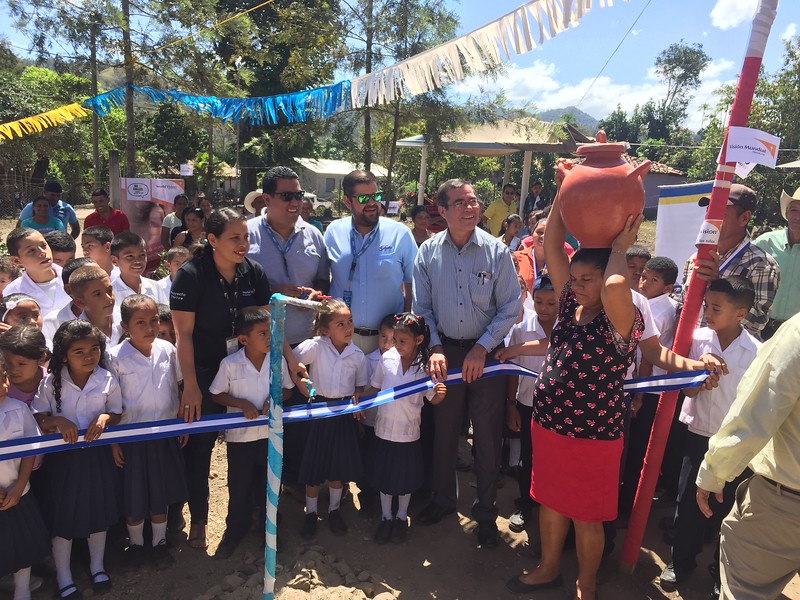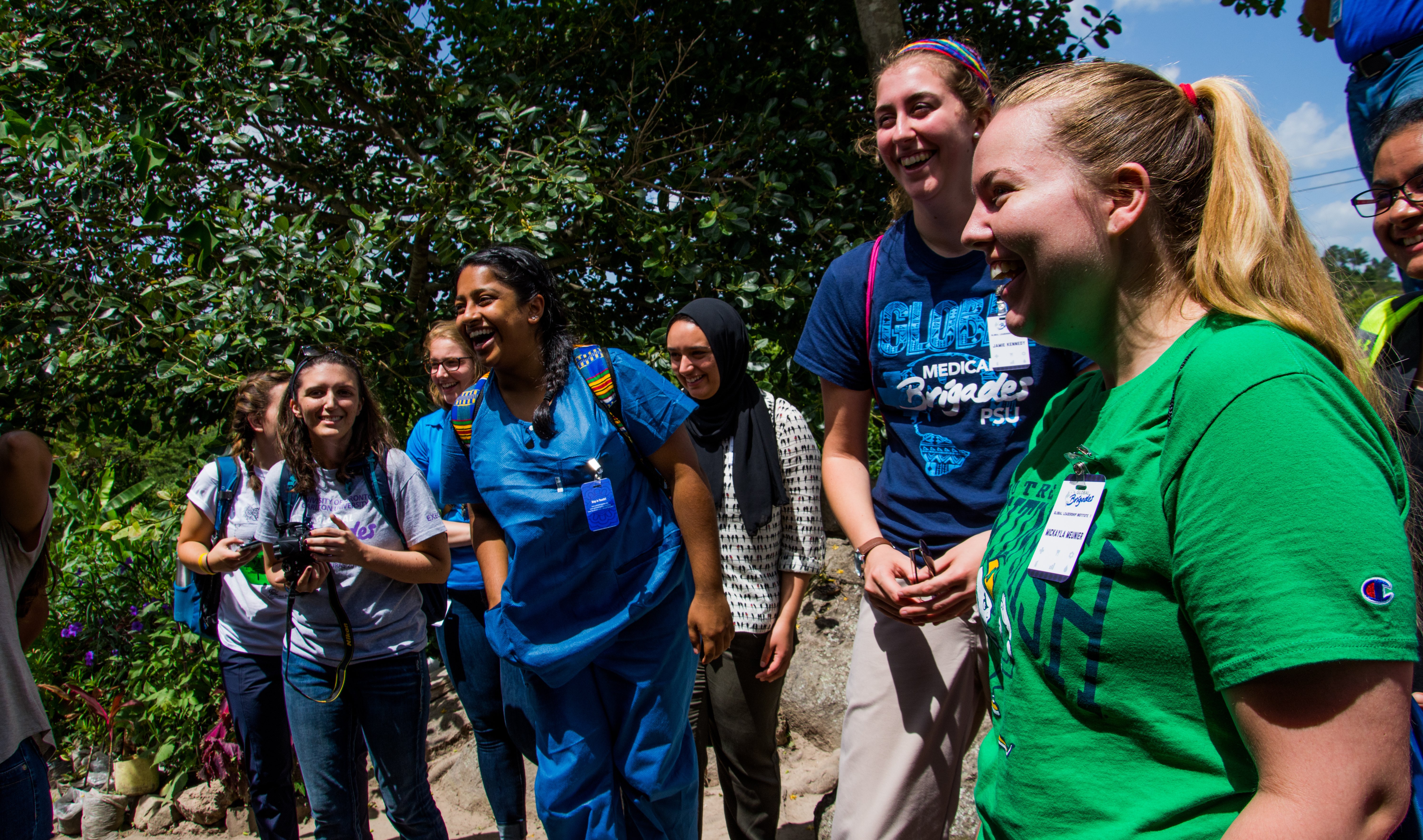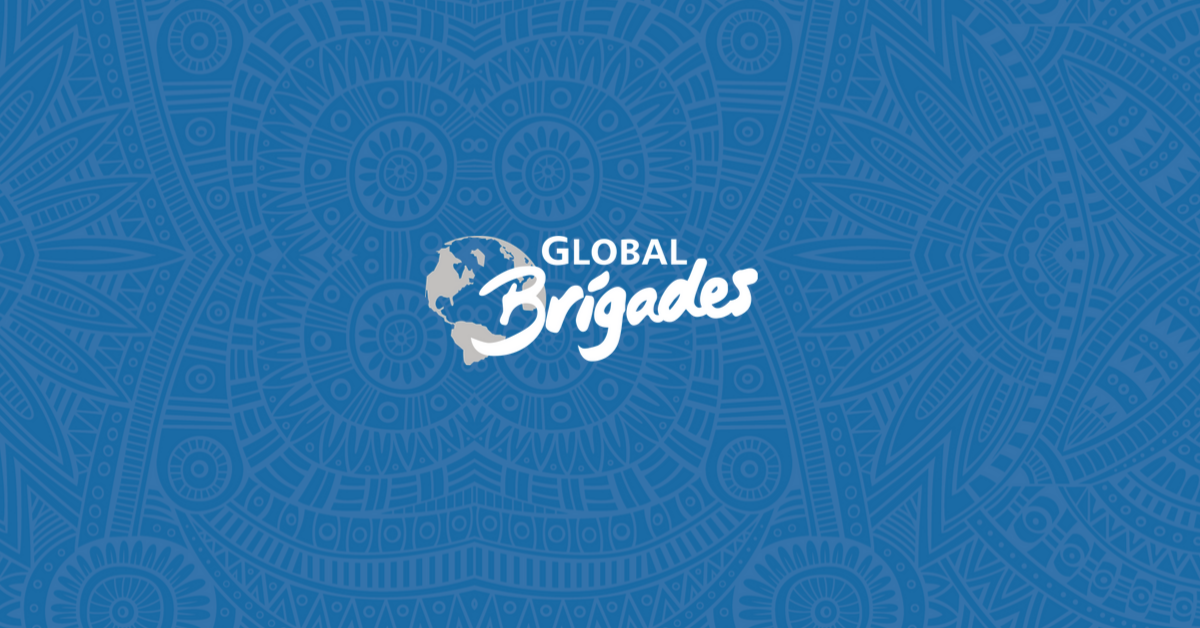By Program Interns Erin Barnett, Ellen Cammarano, Harumi Harakawa, and Maddy Lee
Leadership Institutes provide students with a volunteer opportunity like no other. Participants are offered an in-depth and experiential look in the inner workings of an international non-profit. The five days are scheduled around different development programs – medical, public health, water, engineering, business, and legal empowerment. Leadership Institutes give students a greater understanding of Global Brigades’ monitoring and evaluation process between brigades, year-round programming employed to grow community partnerships, and the continuous work executed to empower sustainable development within communities. By accompanying brigade teams on monitoring and evaluation surveys, follow-ups with partner communities, and participating in nightly reflections with staff, students experience valuable behind-the-scenes process of holistic development.
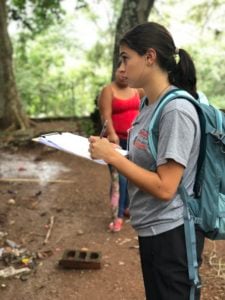
Each day of the Institute allows volunteers to engage with partner communities differently than a typical brigade by participating in some of the year-round activities that support brigade work and are essential to the Holistic Model. For example, on the first day of the Institute, volunteers assist the Monitoring and Evaluation team perform baseline surveys. These surveys are conducted before any holistic programs to assess the community’s needs. The questions assess household demographics, water access, public health infrastructure, health of the family, and socioeconomic standing. Baseline surveys help Global Brigades’ Monitoring and Evaluation team measure program success in communities and are vital to holistic development.
On the medical day, volunteers shadow Community Health Workers (CHWs) as they provide medical care to community members. CHWs increase a community’s access to sustainable health care by caring for patients with chronic conditions, providing basic medical care, and identifying urgent cases. During the engineering and water day, students learn about water system designs by visiting a finished dam system and by working with community members to connect a water system to local homes.
Students are able to witness the completion of a water project which will provide daily access to clean water in the home.On the public health day, brigaders conduct follow-up surveys typically implemented after Public Health Brigades.These surveys allow staff and volunteers alike to see the direct impact that water filters, hygiene stations, and eco-stoves have on public health infrastructure by asking questions about use, maintenance, and satisfaction with the projects. Students meet with Community Bank members to learn more about the progress of the bank and some of the businesses that previous Business Brigades have worked with. Community Banks provide families and local businesses with access to savings and loans. Lastly, on the legal empowerment day of the Institute, volunteers perform case follow-up with local professionals. These cases are identified during a Legal Empowerment Brigade, but often take several months to a year to be closed. Case follow up takes place year-round by qualified staff members.
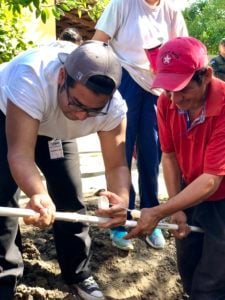
Leadership Institute members gain insight on how partnerships are formed and maintained with community members by participating in these year-round projects. The understanding and knowledge attained during a Global Leadership Institute help Chapter Leaders better communicate the effectiveness of brigade projects to future volunteers!
Understanding the impact GB has on its partner communities and that partner communities have on GB in return are key to thoughtful campus recruitment for brigades. Once Chapter Leaders see firsthand that the projects they work to implement alongside community members are part of a sustainable Holistic Model, they are better able to differentiate GB from other development or volunteer organizations. Additionally, evening discussions provide volunteers with an opportunity to collaborate on topics such as brigade recruitment, fundraising, and how to keep volunteers engaged with GB year-round on their campuses. For example, one night of the Leadership Institute focuses on global citizenship and how leaders can ignite a passion for service in others. Another night focuses on how to address common critiques of international service trips. Volunteers discuss how they would address these critiques. Using input from staff members and fellow Chapter Leaders, volunteers are able to formulate responses to critiques to ensure potential volunteers that GB’s programming is both ethical and sustainable. By working together to address common critiques, student leaders are able to share best practices, draw upon the experiences of each other, and solve problems on their campuses.
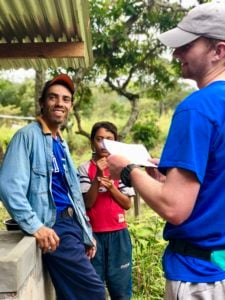
Leaders also spend time discussing The Empowered 100 – GB’s commitment to help 100 communities, or 65,000 individuals, to permanently rise out of global poverty. Global Brigades hopes to achieve this by implementing the Holistic Model in its partner communities while using strategies and markers laid out in the United Nations’ Sustainable Development Goals to measure its success. Most prominently, the Holistic Model aligns with three specific SDGs: Goal 3, good health and wellbeing, Goal 6, clean water and sanitation, and Goal 8, decent work and economic growth. In addition to these three primary initiatives, GB is also working towards Goal 4, quality education, Goal 5, gender equality, and Goal 10, reduced inequalities by implementing programs such as Community Health Worker Conferences and Charla activities. Any brigade that is interested in how they can work toward these secondary goals during their brigade should contact their Global Brigades Program Associate.
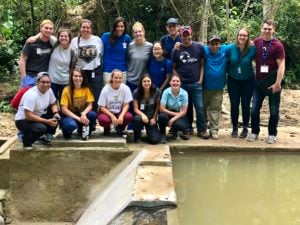
Taking part in global development necessitates action, but most importantly, critical discussion and reflection on expanding the volunteer role through global citizenship and mindful awareness of the injustices faced around the world. Becoming a global citizen transcends borders and challenges one to understand cultures and peoples different from one’s own. Working with Global Brigades means students commit to empowering not only their peers, but also the communities they step into. Attending a Leadership Institute not only allows students to understand the depth of the work that is done in-country by Global Brigades, but challenges them to think critically about why they have chosen to step up as a student leader in the global development movement. It enriches the student perspective of Global Brigades so that they can return to their campus Chapters, ready to educate their peers, empower other student leaders, and ultimately unite others towards an equitable world – one community at a time. Check out this video to see a firsthand look at a Leadership Institute in Honduras. If you are a current or aspiring student leader we encourage you to apply to an upcoming Leadership Institute in Honduras, Panama, or Ghana!

